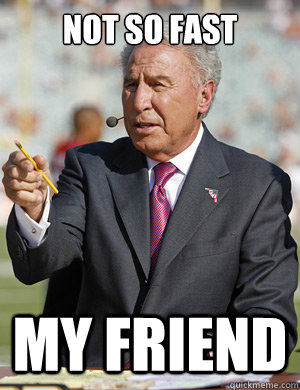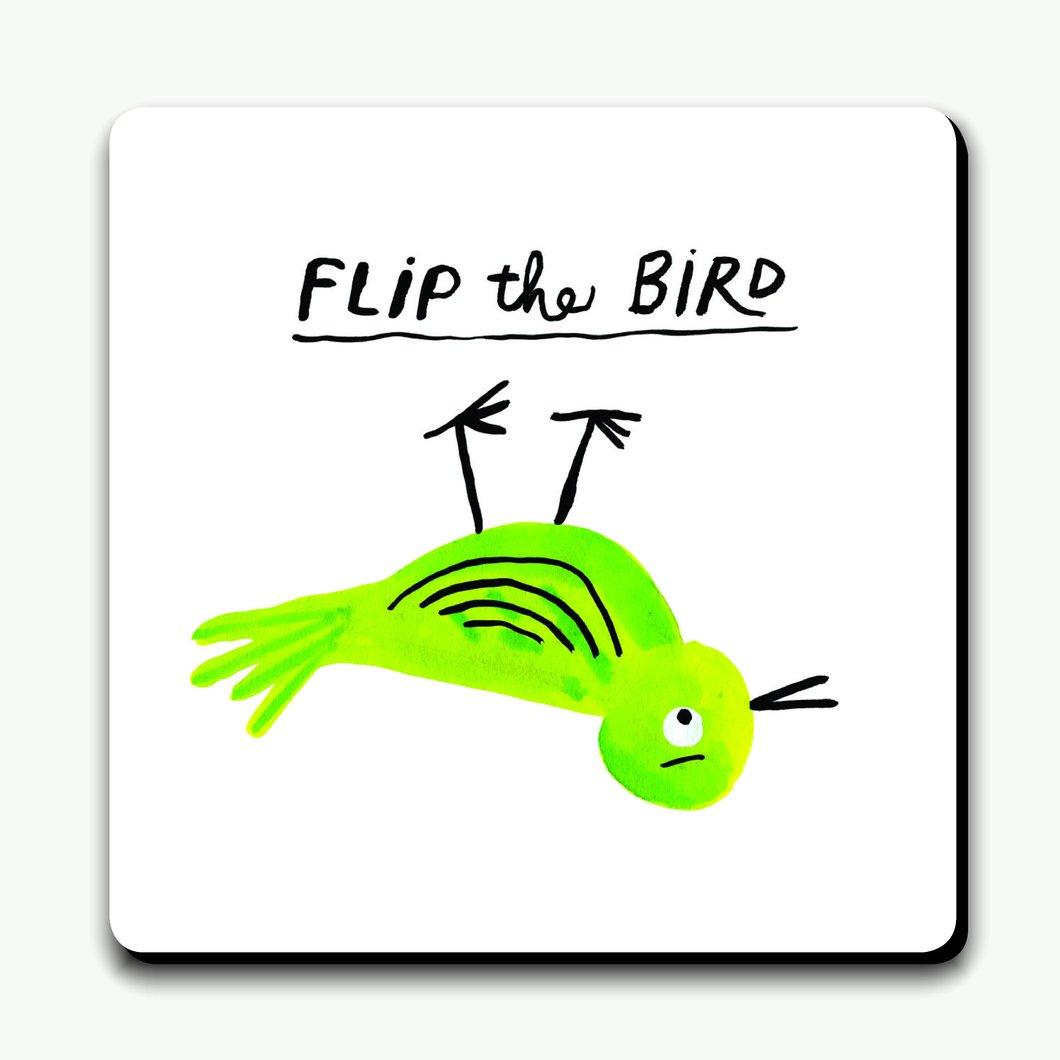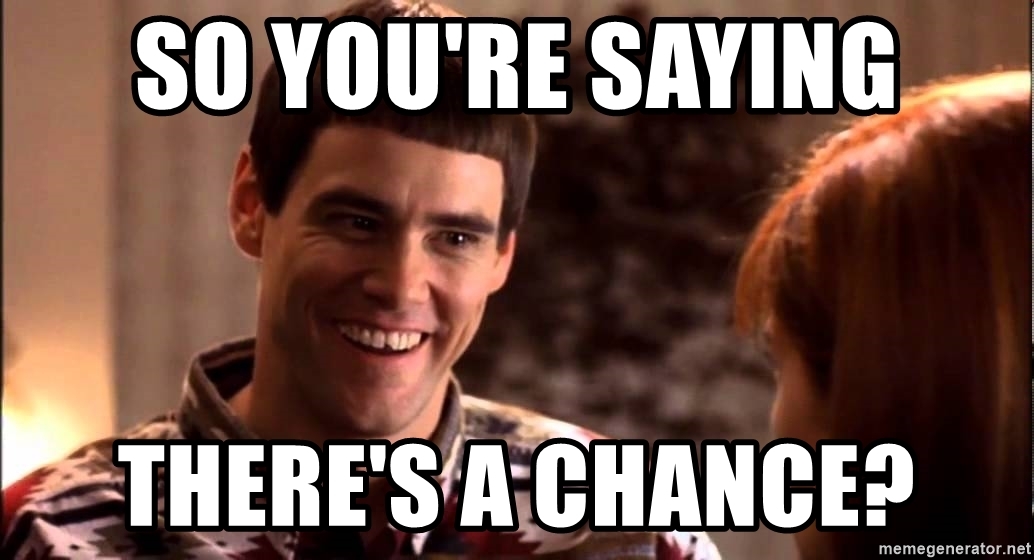I’ve struggled to find inspiration to blog. So, today, I’m going to re-post a blog that originally appeared last May. I’ve edited it slightly, moving several paragraphs to an end note.
The topic: whether a lawyer may ethically record conversations without disclosing the fact of the recording to the other person or people in the conversation. Since the original post, I’ve received two inquiries on the topic. One involved a lawyer who was convinced that a client would soon make a frivolous disciplinary complaint, the other a lawyer who was dealing with an unrepresented opposing litigant who the lawyer felt had been less than honest with a court.
Last week, I was part of a panel that presented at the mid-year meeting of the National Organization of Bar Counsel. Our panel used hypotheticals to frame discussion of issues on which jurisdictions take varying approaches. Given that some states are “one-party consent” states and others “two,” this is one of those issues. Nevertheless, in preparing for the seminar, my fellow panelists agreed that, even in one-party consent states, lawyers should think long and hard about surreptitiously recording conversations. Which was the exact point I hoped to make in the original post, a post in which I stated that inquiries involving the word “surreptitious” make my Spidey-sense tingle.

I hope to return to original programming soon. For now, here’s the reformatted version of the post that ran on May 20, 2021.
*****
A few months ago, a lawyer called to discuss the ethics issues associated with surreptitiously recording a conversation with a client. More recently, another lawyer contacted me to ask about recording conversations with opposing counsel.
In my time here – 23 years – we’ve not received a single complaint in which a current or former client alleged that their lawyer secretly recorded them. Nor have we received such a complaint from one lawyer against another. Of course, it’s difficult to complain about something you don’t know. As such, I don’t necessarily consider the absence of evidence to be evidence of absence. For all I know, it happens, but the lawyer never uses the recording or alerts the client or other lawyer to its existence.[i]
Many state and local bar associations have issued advisory opinions on this issue. Some have concluded that surreptitious recordings are inherently deceptive and unethical per se. More have concluded that undisclosed recordings, standing alone, do not violate the rules.
The most prominent opinion might be ABA Formal Opinion 01-402. It’s an opinion in which the ABA’s Standing Committee on Ethics and Professional Responsibility advised that, in one-party consent jurisdictions, a lawyer does not violate the ethics rules merely by recording a conversation without informing the other participants. Rather, it’s only unethical if the lawyer does something else to violate the law or rules. The ABA Committee was “divided as to whether a lawyer may record a client-lawyer conversation without the knowledge of the client, but agree[d] that it is inadvisable to do so.”
In January 2021, the Supreme Court of Arizona’s Attorney Ethics Advisory Committee recommended that the court approve Ethics Opinion EO-20-0002. It’s an opinion in which the Arizona Committee concluded:
- “that it is not per se unethical or ‘inherently deceptive’ for an attorney in Arizona to record a telephone communication between the attorney and another individual without disclosing that the attorney is recording the communication, so long as the recording does not violate applicable federal or state law. The lawyer must still act consistent with all applicable Arizona Rules of Professional Conduct in making and using the recording, and an attorney’s undisclosed recording may still violate various Ethical Rules, depending on the facts of each case.”
Some members of the Arizona Committee dissented. Here’s the crux of the dissent:
- “Over the past 40 years, Arizona has imposed a general blanket prohibition against an attorney recording a conversation without disclosure based on the view that any such recording is inherently deceptive and in violation of ER 8.4(c). This blanket prohibition is subject to a number of exceptions that have been articulated in several ethics opinions. The bedrock for the blanket prohibition is the simple proposition that, although such recordings may be legal under Arizona law at the end of the day, lawyers need to hold themselves to a higher standard. Over those 40 years, this rule, along with its exceptions, has worked well. There has been no hue and cry for a change.” (citation omitted).
In the end, and as reported by Professor Bernabe and Ethics at Law, the Arizona Supreme Court did not approve or adopt the opinion. Still, aspects of the opinion provide educational value. In particular, four of the majority’s caveats to its broader conclusion.
First, echoing the Vermont case that I mentioned above (and that is now in Endnote 1), the majority noted that it would continue to be a violation for a lawyer who was recording a conversation to state they were not.
Second, with respect to recording clients, the opinion stated that it is:
- “rare that a client’s interest would ever be served by lawyers making undisclosed recordings of conversations between lawyer and client, and therefore unlikely that undisclosed recording of a lawyer-client conversation would ever be appropriate.”
And that,
- “Lawyers should also avoid undisclosed recordings of conversations with their own clients, due to the likelihood that such recordings, if later discovered, would undermine the trust and candor that are essential to the lawyer-client relationship.”
Third, with respect to opposing lawyers, the Arizona Committee cautioned that “[u]ndisclosed recordings may also have serious negative effects on what would otherwise be collegial working relationships with opposing counsel.”
Finally, while noting that Arizona is a one-party consent state, the Committee stated:
- “Before choosing to make an undisclosed recording, the Committee strongly recommends that lawyers consider whether a disclosed recording would serve the same purpose, in order to avoid unnecessarily risking the potential pitfalls of undisclosed recording.”
I understand that technology has made it incredibly easy to record every encounter. I also understand that we are more and more tempted to record conversations with people who we perceive to be difficult. Still, I view my role as a risk manager of sorts. And, in that role, my Spidey sense tingles when the conversation includes “clients,” “opposing counsel,” “secret,” and “surreptitious.”
As always, be careful out there.
[i] In the mid-2000s, two Vermont lawyers represented a client charged with murder. Mid-trial, the lawyers learned that an incarcerated person claimed to have knowledge that someone other than their client had committed the crime. The court granted a short recess for the lawyers to follow-up on the tip. The lawyers interviewed the incarcerated person. The person asked if the lawyers were recording the conversation. They were. Yet, one answered “no” and the other remained silent.
I don’t recall how, but the incarcerated person found out that the conversation had been recorded. A disciplinary complaint followed. Eventually, my office charged the lawyers with violating Rules 4.1 and 8.4(c) of the Vermont Rules of Professional Conduct. The former prohibits a lawyer from knowingly making a false statement of material fact to a third person while acting on a client’s behalf. The latter makes it professional misconduct to engage in conduct involving dishonesty, deceit, misrepresentation, or fraud.
To be clear, the charges were not based on the surreptitious recording itself. Vermont is a one-party consent state. The charges focused on the lawyers’ deceptive answer and affirmation-by-silence when asked if the conversation was being recorded.
A hearing panel determined that the lawyers had violated Rule 4.1, but not Rule 8.4(c). Upon review, the Supreme Court affirmed, concluding that not every dishonest act violates Rule 8.4(c), only those acts that adversely reflect on the lawyer’s fitness to practice. The Court held that while the lawyers had violated Rule 4.1 by falsely stating they were not recording the conversation, the circumstances were such — the mid-trial reception of a tip that might have exonerated their client — that the misrepresentation did not adversely reflect on the lawyers’ fitness to practice. Neither the hearing panel nor the Court opined as to whether the lawyers violated the rules merely by recording the conversation without informing the incarcerated person.







